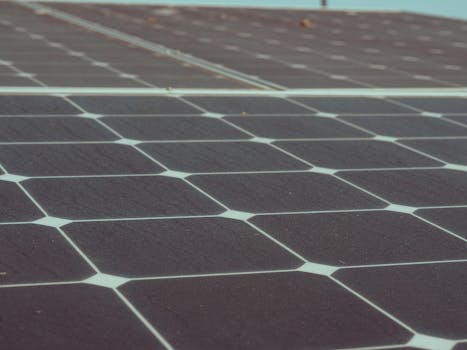
Sustainable Living: Emerging Trends for 2025
Sustainable living is becoming increasingly important as we face the challenges of climate change, environmental degradation, and social inequality. As we enter 2025, it’s essential to stay ahead of the curve and adopt emerging trends that promote eco-friendly practices, reduce waste, and conserve natural resources. In this article, we’ll explore the latest sustainable living trends for 2025, from innovative products to revolutionary technologies.
Section 1: Eco-Friendly Products
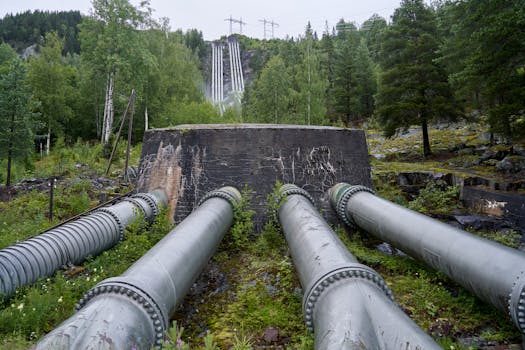
One of the most significant trends in sustainable living is the rise of eco-friendly products. From reusable water bottles to biodegradable packaging, companies are developing innovative solutions to reduce waste and minimize environmental impact. Some of the most exciting eco-friendly products for 2025 include:
- Compostable cutlery and plates
- Sustainable fashion made from recycled materials
- Energy-efficient appliances and smart home devices
Section 2: Renewable Energy Sources

Rapid advancements in renewable energy technologies are transforming the way we generate and consume energy. In 2025, we can expect to see a significant increase in the adoption of solar, wind, and hydro power. Some of the most promising renewable energy sources include:
- Solar panels with advanced energy storage systems
- Wind turbines with improved efficiency and reliability
- Hydroelectric power plants with minimal environmental impact
Section 3: Sustainable Transportation
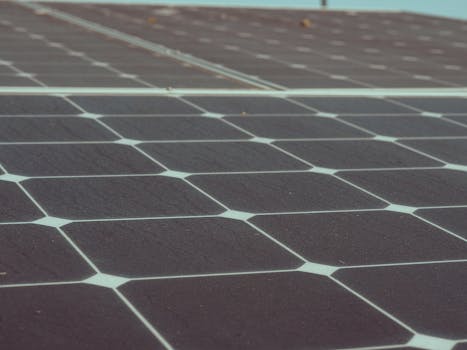
The transportation sector is one of the largest contributors to greenhouse gas emissions, making sustainable transportation a critical aspect of reducing our carbon footprint. In 2025, we can expect to see a significant shift towards electric and hybrid vehicles, as well as innovative public transportation systems. Some of the most exciting sustainable transportation trends include:
- Electric vehicles with advanced battery technology
- Hybrid vehicles with improved fuel efficiency
- Autonomous public transportation systems with reduced emissions
Section 4: Sustainable Food Systems
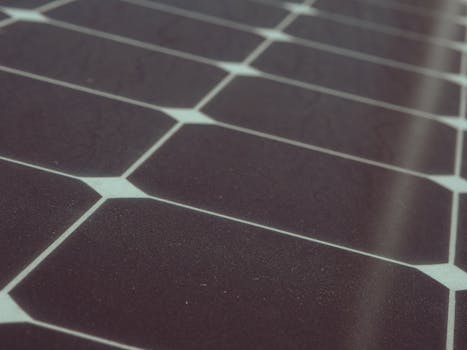
The way we produce, consume, and waste food is a significant contributor to environmental degradation and social inequality. In 2025, we can expect to see a significant shift towards sustainable food systems, including:
- Organic and regenerative farming practices
- Reduced food waste through efficient supply chains and consumption patterns
- Plant-based diets with minimal environmental impact
Section 5: Conclusion
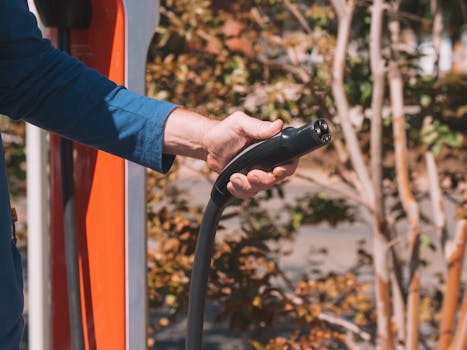
In conclusion, sustainable living is no longer a niche concept, but a necessary practice for mitigating the effects of climate change and promoting social equality. As we enter 2025, it’s essential to stay informed about emerging trends and adopt eco-friendly practices that reduce waste, conserve natural resources, and promote renewable energy sources. By working together, we can create a more sustainable future for generations to come.





